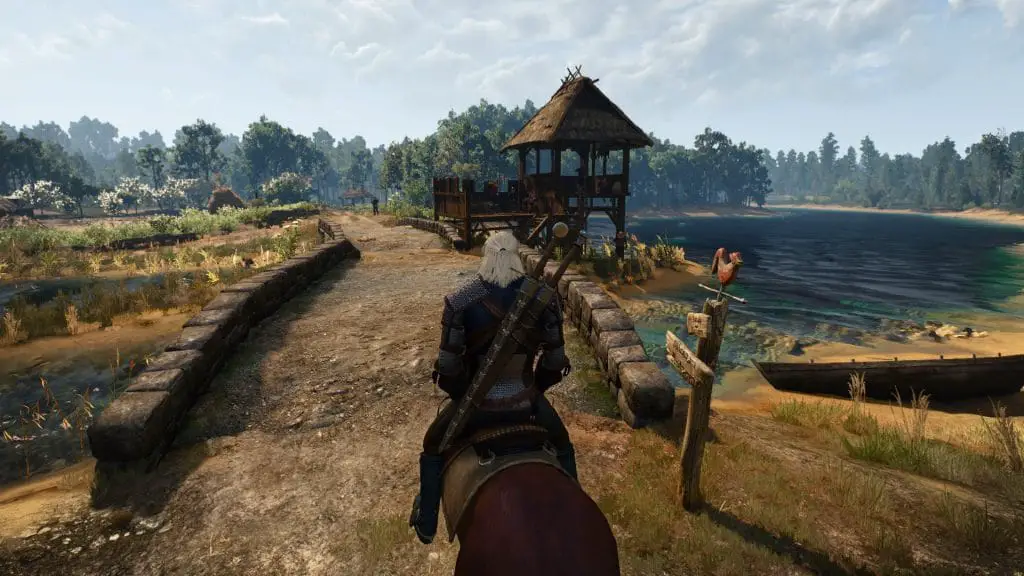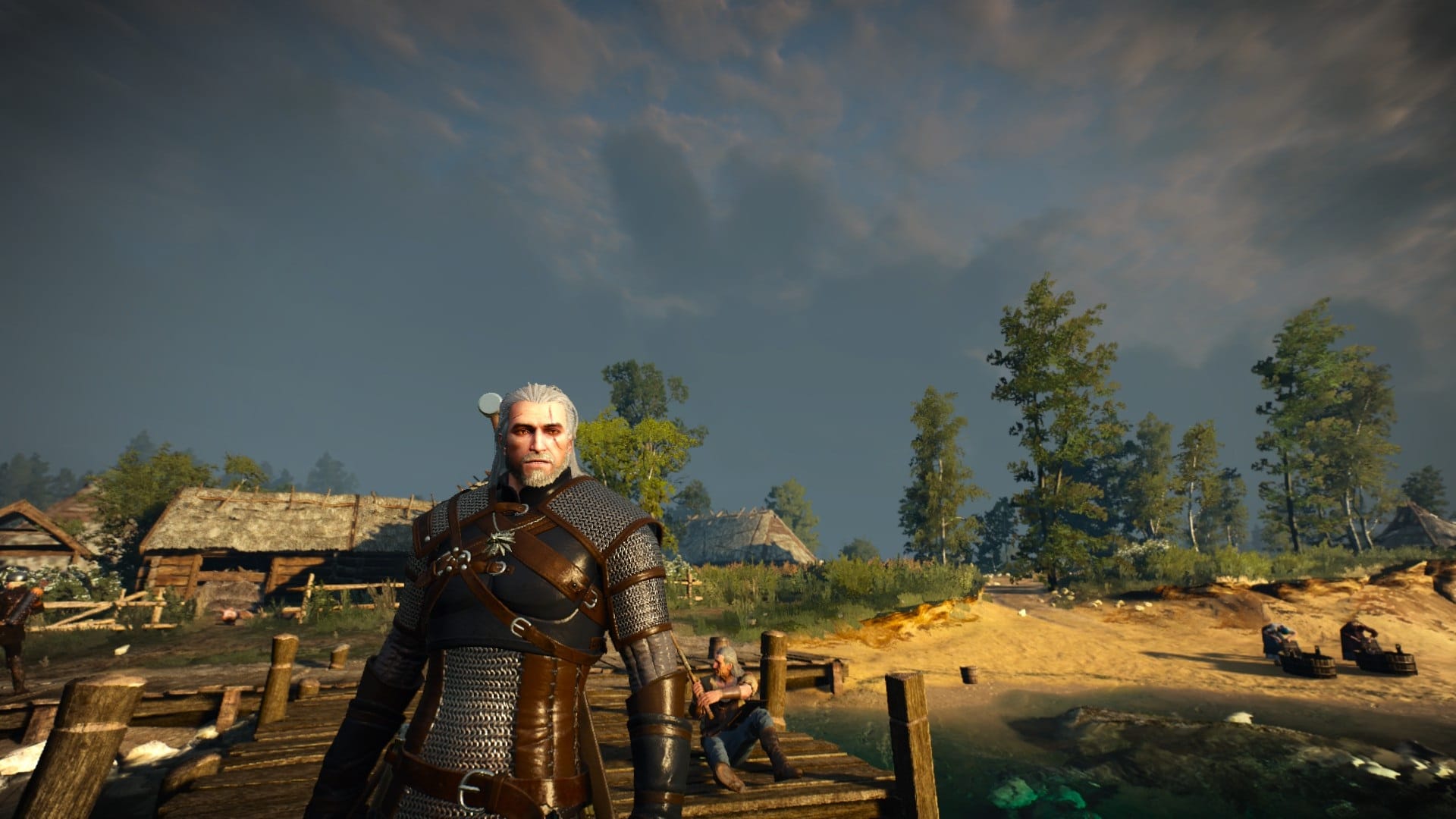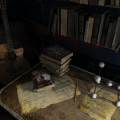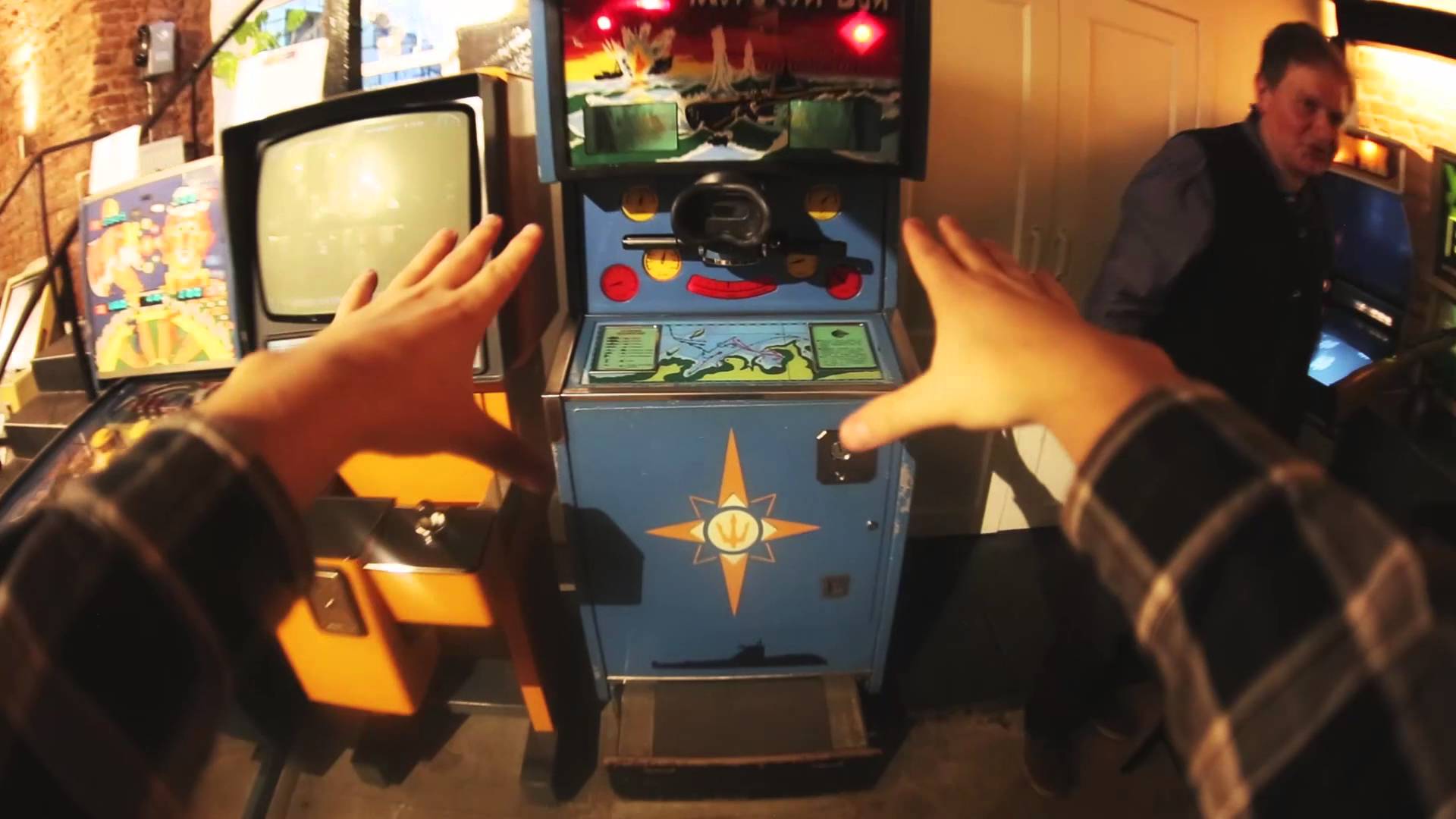The Witcher video game franchise was developed by CD Projekt Red, a studio based in Poland. The first two games, The Witcher (2007) and The Witcher 2: Assassins of Kings (2011) met with some success, but it was only after the release of The Witcher 3 (2015) that CD Projekt Red started piling up awards and accolades with a game that became a global hit.
The game is based on a fantasy series of the same name by Polish author Andrzej Sapkowski. The books were already an international hit, with the substantial series translated into more than 20 languages. The video game is based on its universe and has turned the main character into one of the world’s most recognisable fantasy protagonists.
Most praise for The Witcher 3 has focused on its creation of a world that lives by its own easily recognizable rules. The game captured the essence of what made the books popular – not only portraying an exciting fantasy world with fantastic fight scenes – but also a world that is somehow morally ambiguous, cynical, and yet noble all at once. This is a world in which there’s always something to do and one you actually want to come back to again.
The Witcher 3 takes place in the imaginary Northern Kingdoms – a place that bears certain resemblance to medieval Central and Eastern Europe. And, as it usually happens with medieval kingdoms – be they real or not – this place is in the state of war with its neighbor – the Nilfgaardian Empire. The in-game characters repeatedly bring up the topic of war and soldiers patrol the streets day and night and some of the villages are not inhabited anymore – they’re simply burnt to the ground. To make matters worse, there are also monsters roaming whose fury and eternal hunger for flesh and blood can not be controlled by the realm’s armed forces.
The protagonist of the stories and game, Geralt of Rivia, is a “Witcher” – or, in simple words, a professional monster hunter. However, hunting monsters is only the background for the main plot. When we first meet Geralt, he’s looking for his missing lover, Yennefer. In his search for her, he seeks information from all kinds of people, completes their quests and covers a great number of miles while doing so. And, of course, not everyone is friendly to him – some people just hate Witchers for being different.

The world is morally grey. Gamers may decide whether they want to be “good” or “bad” guys – but the developers have made sure that almost every decision made in the game has logical consequences. The world is also gigantic – the main quest alone takes at least 25 hours to complete. Despite this, you never get bored. The attention CD Projekt Red has paid to details – from voice acting to graphics – is absolutely impressive.
The other thing to praise The Witcher for – both the book series and game – is that it incorporates distinctly Polish and, more generally, Slavic mythology and folklore. The monsters hunted and fought are not “ordinary” trolls, orcs, and goblins. Instead, drowners, strygas, cockatrices, noonwraiths and even Baba Yaga herself are present. This vast bestiary allows The Witcher to stand out among many other RPGs – both in being well-known to players in Slavic lands and for presenting a highly original, but also readily researchable array of characters for players from other cultures.
The Witcher 3 was awarded “Game of the Year” in 2015 at a number of video game award shows, including the Golden Joystick Awards, The Game Awards 2015, and IGN. Before its release, The Witcher 3 was pre-ordered by over 1.5 million people and 4 million more copies were sold in the first two weeks after the game was out. It was localised in 15 languages, with around 500 voice actors involved in the process. Two expansions – The Witcher 3: Hearts of Stone and The Witcher 3: Blood and Wine have since been released.
It does not seem, though, that the world will see The Witcher 4 anytime soon. So far CD Projekt Red representatives have been careful with their statements, pointing that they “didn’t have anything planned” when it comes to the next game, yet admitting that this series is something that “they’d be reluctant to leave behind.” The uncertainty comes from legal troubles between the developers and the author of the series, Andrzej Sapkowski. In October 2018, seeing the massive success of the game, he demanded more than $15 million in additional compensation. According to the original deal with the studio, the author had provided CD Projekt RED with the flat licence for a much smaller lump payment not based on sales. The rather unusual dispute is ongoing.
And yet, there is some good news for those who can’t get enough of The Witcher, as Netflix has announced a new adaption of the adventures of the white-haired monster hunter. The Netflix film will star Henry Cavill as Geralt of Rivia and is due to be released at some point in 2019. A previous TV adaption, The Hexer (released in Poland in 2001) was previously released and flopped. Hopefully the new adaption fares better.
Find Witcher on Amazon
Find Witcher on Steam
An Introduction to Geralt by a fan on YouTube:
See a Witcher gameplay, presented by a CD Projekt Red developer
https://www.youtube.com/watch?v=N4ony2r0QFs






